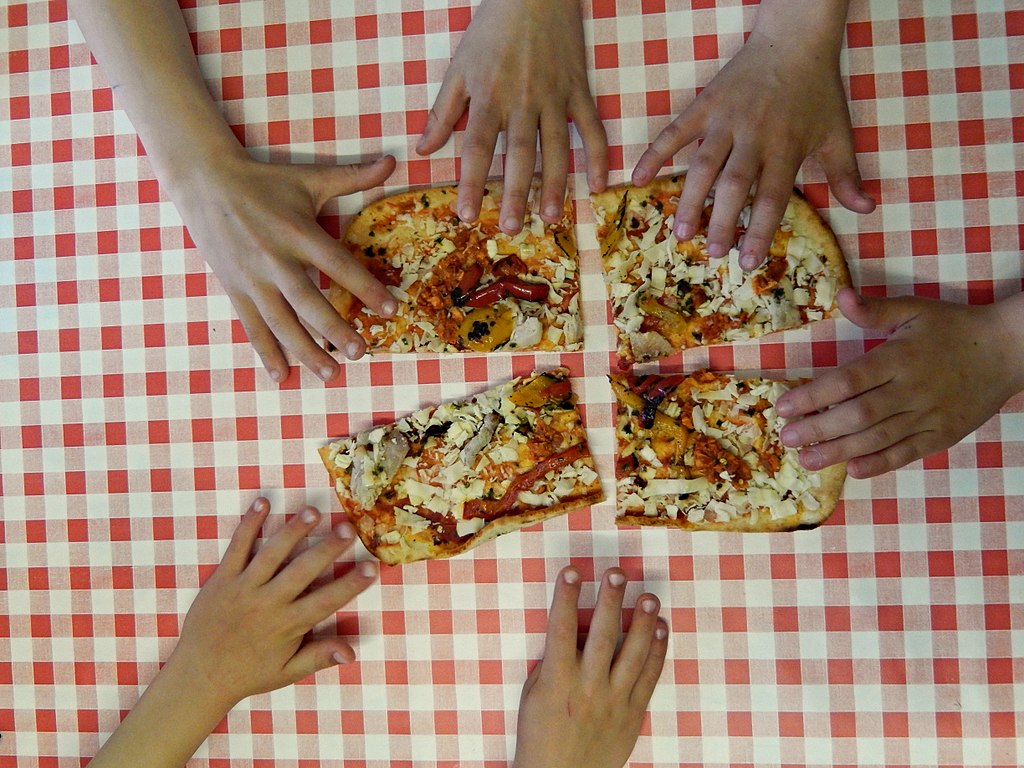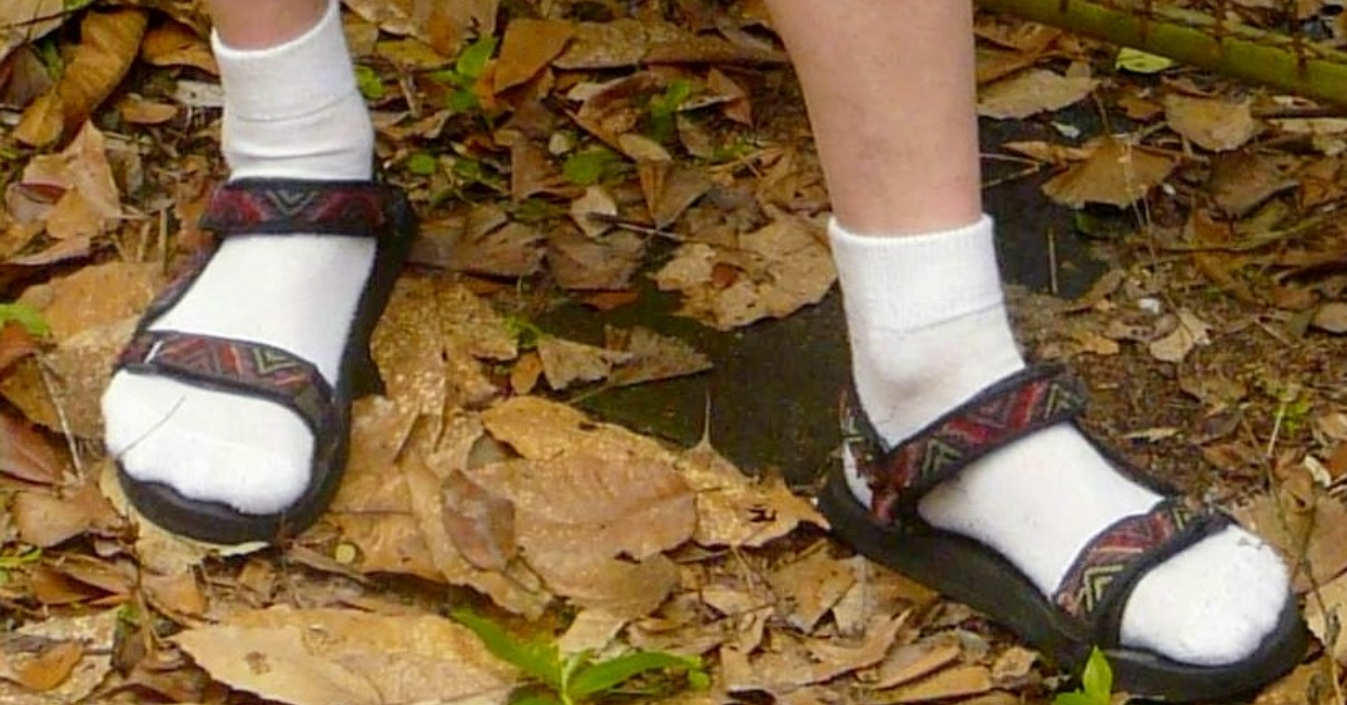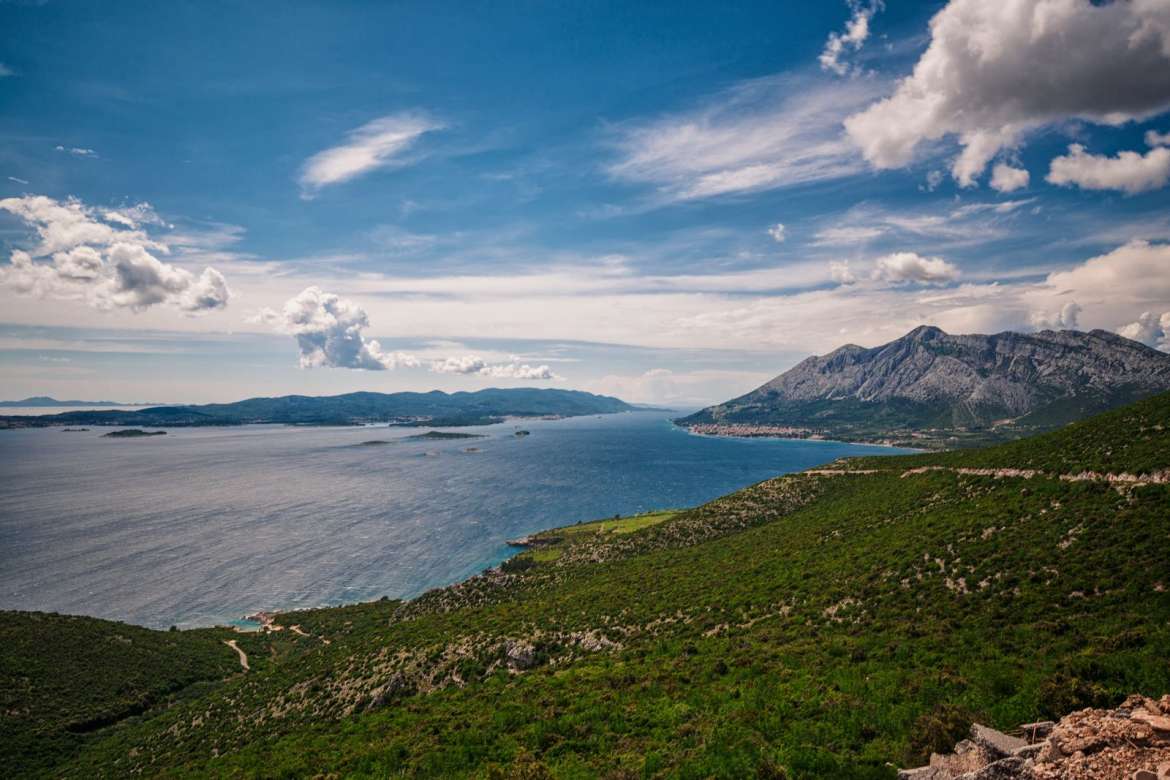Time To Reflect, As Loyalty Not Luxury Saves 2020 Croatia Tourist Season
September 28, 2020 – The tail end of 2020's unparalleled summer offers opportunity for pause, contemplation and appreciation, as it's loyal and not luxury guests that have saved this year's Croatia tourist season.
In this day and age, things always have to get better. There's no room to sit still. Life without improvement is deemed a failure. Nowhere is this more true than the Croatia tourist season.
The numbers of overnight stays in the Croatia tourist season sometimes seem to be the only measure by which its success is judged. Year after year, the numbers must rise. Any decrease is unthinkable. At the same time, hungry eyes still want more. Some want to reposition themselves. A new class of guest is wanted, from faraway nations. They must be of a better quality. They must stay longer, in more expensive dwellings. They must spend more.
Incredible initiatives are undertaken to turn this want into a reality. But, at the end of the 2020 Croatia tourist season, perhaps it's time to pause and reflect. For this year, it is undoubtedly loyalty and not luxury that's saved the Croatia tourist season.
In the year the coronavirus pandemic hit, arrivals by charter plane and cruise ship were seriously curtailed. So much for the flying visits of premium guests from far-flung lands. Instead, the tourists who came were from much closer to Croatia.
The English language that most on the coast are so familiar with was this year useless. On the beaches of Istria and northern Dalmatia, it was Slovenian, Polish, Czech, German, Slovakian and Italian that was heard. The packed bars of Makarska echoed with the familiar call of 'Đe si, bolan?' (where are you, bro? - in Bosnian dialect). Many of those who came drove to Croatia. And many do so every year. © Jeremy Segrott
© Jeremy Segrott
Sighs and light-hearted jokes about some of these guests persist in some places. “That family come every year, but they only ever order one pizza to share between the four of them.” The choice of footwear of some German-speaking and Czech visitors frequently draws chuckles, in particular, the classic sock and sandal combo. But, just where would the 2020 Croatia tourist season have been without the 60,000 Czech and Slovak visitors who this year arrived by train?
Just two days ago, Jutarnji reported on phenomenal numbers of Polish visitors this year. Would anyone else really have taken the place of the returning family of four sharing a pizza? Just what would the season in Makarska have looked like without bolan?
Croatians are famously very appreciative hosts. On the ground, there's no doubt that such loyal guests are warmly welcomed and thanked each year by accommodation renters, restaurateurs and others. They greet returning visitors with smiles of familiarity and reserve for them their favourite place. In September 2020, gratitude to such guests was echoed by The Croatian National Tourist Board as they launched a new campaign 'Thank you', directed at the tourists who this year chose Croatia.
Perhaps it is time to ensure that this gratitude extends into any grand new initiatives for growth in the Croatia tourist season? Such loyal guests should not be taken for granted, nor forgotten.
Initiative within the Croatia tourist sector is vital. The unlocking of continental Croatia's potential is simply a must. That too of the Dalmatian hinterland and inland Istria. The exploitation of world-class Croatian assets such as nature, agriculture and health and wellness services are also perfectly on-point. The desire to attract a better class of bigger-spending visitor to luxury holidays on the Croatian coast should surely be a lower priority. After all, eyes that covet can all too frequently fail to appreciate that for which they should already be thankful. © Oddman47
© Oddman47
Lead image adapted from an original photograph by © Marco Verch
For the latest travel info, bookmark our main travel info article, which is updated daily.
Read the Croatian Travel Update in your language - now available in 24 languages
Free Holidays for Austrians and Slovenes this September and October
September 3, 2020 – A bold and open gesture from the winemaking industry on the Pelješac peninsula to appreciated neighbours – cost-free accommodation will allow free holidays for Austrians and Slovenes in September and October 2020
Of all the incentives to assist Croatian tourism in the troublesome year of 2020, this one may be the boldest. In order to show appreciation for visitors from two of Croatia's nearest neighbours, winemakers from the Pelješac peninsula are arranging to offer free holidays for Austrians and Slovenes in September and October 2020.
In an interview published in Slobodna Dalmacija just yesterday, famous Pelješac winemaker Mato Violić Matuško revealed the plan. Matuško is also president of the Pelješac Wine Routes, a forward-thinking initiative in and of itself. It has massively increased wine tourism on Pelješac with its joined-up approach and has managed to bring together many individuals operating with the winemaking and tourism sectors of the region. Who better to organise free holidays for Austrians and Slovenes at harvest time?
Just one of the breathtaking views available on Pelješac. The peninsula is most famous for its incredible wines © Romulić & Stojčić
Winemakers who are members of the Pelješac Wine Routes Association are those who will be involved in offering the free holidays for Austrians and Slovenes. The plan is to offer free accommodation to Austrian and Slovene tourists in order to thank them in particular for their returning custom. Visitors from these nations are among the most frequent to come. The incentive also aims to bolster tourism numbers well past the point of late summer.
Although some revenue in accommodation rentals may be lost due to the offer, the idea is startlingly inventive. It is hoped money put into the local economy by visitors taking advantage of the free holidays for Austrians and Slovenes will benefit the wider population in what has been a difficult season for many. Austrians and Slovenes taking advantage of the incentive will also surely be offered some excellent Pelješac wine on their visit.
You can read here a TCN interview from August 2020 which also shows how the wines of Dubrovnik Neretva County have assisted in keeping visitor routes open during a difficult year for tourism in south Croatia - Croatia Wine: ”Every Visit Is A Voyage Of Discovery”
For the latest travel info, bookmark our main travel info article, which is updated daily.
Read the Croatian Travel Update in your language - now available in 24 languages
Austrian Chancellor Sebastian Kurz Says Huge Influx of Infections from Croatia
August 15, 2020 - Austrian authorities expect large crowds at the borders this weekend as travelers may shorten their holidays after Croatia was included on the list of high-risk countries.
Slobodna Dalmacija reports that local revealed Austrian citizens have decided to ignore the government's warning and are still going on holiday to Croatia. Namely, at the entrance to Slovenia from Austria near the Karavanke tunnel, there was a wait of up to three hours on Saturday morning. In the early afternoon, traffic stretched 17 kilometers.
Kronen Zeitung wrote that they had yet to see anything from the big wave of returnees from Croatia because it seems that Austrians still want to enjoy the beach today. At the entrance to Austria near Sentilj, they waited for about an hour on Saturday morning.
The Austrian Automobile Club (ÖAMTC) expects that traffic from the south could intensify in the evening on Saturday and during Sunday.
They report that traffic at border crossings at the entrance to Austria is moderate with shorter delays. At Karavanke, the entrance to Carinthia takes 35 minutes, and at Sentilj, about an hour. They also wrote that Slovenian authorities have tightened controls and that this is causing a stalemate.
The Austrian government decided to include Croatia on the list of high-risk countries on Friday after news of a record number of cases in Croatia. Travelers returning from Croatia must show a current negative test for coronavirus from Monday or undergo testing within 48 hours.
According to current information from the Austrian Ministry of Foreign Affairs, about 3,000 Austrian citizens are officially on holiday in Croatia. But at the same time, the authorities believe that this figure is many times higher.
"We start from the fact that there are a much larger number of Austrian citizens in Croatia," the ministry said in a statement.
The ministry also said that over 100 new cases of coronavirus infection had been reported in the last week alone, which were proven to have been brought from Croatian holidays.
Therefore, a larger number of inquiries related to travel to Croatia is expected from Monday.
The Ministry of Foreign Affairs will be assisted by 20 Bundeswehr soldiers on a special information telephone line.
"The military has soldiers at all times who are ready to help health facilities," said Defense Minister Claudia Tanner.
Soldiers are already helping to control entry into the country from the direction of Italy.
Austrian Foreign Minister Alexander Schallenberg said that after Croatia, further warnings regarding travel abroad are possible. This is especially true of the Spanish Balearics.
"We know that with these warnings and restrictions on freedom of travel, we are creating problems for many Austrians. But the summer of 2020 is not like other summers," Schallenberg told the public service ORF.
Journalists from the Kronen Zeitung also talked to Austrian tourists in Veli Losinj, who said that they were shocked by the decision of the Austrian government.
"We only came yesterday. I went to the beach without a cell phone to get as much rest as possible. When I came back, I had something to read. It just hit me," said Peter P. of Graz.
"We knew that there was a possibility that this would happen, but I did not think that the whole country would close immediately," he said, adding that he was returning home on Sunday and that he expected large traffic jams.
"There will be chaos on the roads, but it is great that the hotel was understanding and they will only charge us for as many nights as we spent here," he said.
They also spoke to a German couple who was hanging out with many Austrians on Losinj. They said that many would not interrupt their vacation in Croatia. One tourist had a special message for the Austrian Chancellor.
"Kurz would have to call me in person if he wanted me to come home," he said.
Austrian Chancellor Sebastian Kurz has called for stricter coronavirus controls for returnees at the borders.
"Health offices are not doing their job properly. The controls should be more thorough and faster," Kurz told the daily "Oesterreich" on Saturday.
The opposition Freedom Party of Austria (FPÖ) criticized Kurz and accused him of putting pressure on local health offices. Secretary-General Michael Schnedlitz said that instead of putting pressure on these institutions, the Vienna government should take action against the growing number of falsified negative coronavirus tests on returnees from the Western Balkans.
"It has long been known that many of these allegedly negative tests of returnees from the Western Balkans are false," Schnedlitz said on Saturday.
Austrian Chancellor Sebastian Kurz called for stricter control of holiday returnees due to the increase in the number of cases in Austria.
After staying in one of about 30 risk areas, people must have a negative test that is not older than 72 hours or must be in a 10-day quarantine.
“There have to be tighter controls,” Kurz said in Saturday’s edition of Oesterreich.
Kurz did not rule out the possibility of conducting coronavirus tests at the border, which would be the task of the health authorities.
Risk areas include mainland Spain and the Western Balkans, as well as Bulgaria, Romania, Russia, Sweden and the United States.
As of Monday, returnees from Croatia will also have to present a negative test, Kurz said, adding: "There is a huge influx of cases from Croatia."
He added that the increase is not surprising given that holidays are underway.
"The current numbers are worrying," says Kurz. "We must do everything we can to stop the virus without introducing new comprehensive bans."
Nearly 230 new infections were recorded in Austria on Saturday, compared to a record 282 the day before.
Since the beginning of the epidemic, just over 23,000 people have tested positive for coronavirus.
For the latest travel info, bookmark our main travel info article, which is updated daily.
Read the Croatian Travel Update in your language - now available in 24 languages!


